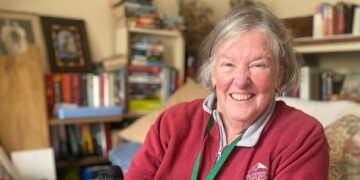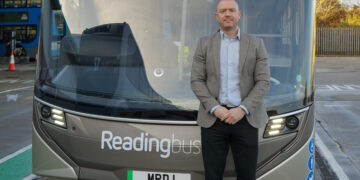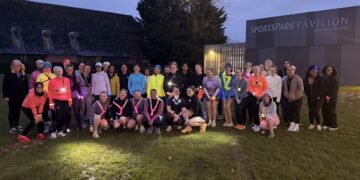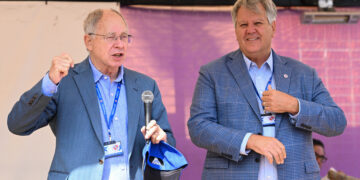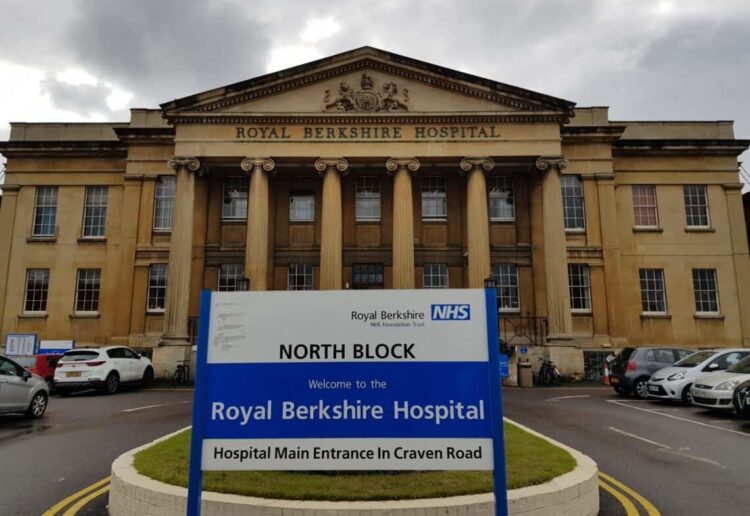THE NHS in the south east is working to bring down waiting lists for elective care through a number of technological implementations and initiatives, figures show.
Patients in the region are being seen quicker as part of the National health Service’s efforts to reduce wait times, with 61% of patients starting treatment within 18 weeks of diagnosis at the end of May this year.
This is close to the current target of 65% by March next year.
The figure marks the biggest improvement of any region since November.
The Royal Berkshire NHS Foundation Trust is on of the top performing in the region for elective surgeries, which comes following the instatement of its ‘e-triage’ systems, which fast-tracks and simplifies methods for consultants to review and accept GP referrals.
Initiatives called ‘surgery sprints’ see intensive bursts of activity to bring down long waits such as ‘cataract-athon’ and ‘urology-athon’ periods.
The ophthalmology service has reduced its list to only 31 patients waiting longer than 18 weeks from referral to treatment after a burst of increased surgical activity earlier in the year managed to see patients who had been waiting more than 6 months for surgery.
Robotic surgery is taking place at a number of trusts across the region, with Ashford and St Peter’s Hospitals NHS Foundation Trust in Surrey introducing robotic surgery, completing over 200 knee replacements with a robotic assistance surgical system.
The surgical system offers surgeons enhanced precision and accuracy, using a special probe to map the patient’s joint, generating a real-time 3D model of their anatomy.
The system then uses this model to plan the optimal implant placement, in turn leading to better outcomes for patients and faster recovery times.
Dr Christopher Tibbs, Medical Director for the NHS in the South East, said: “We know too many people are still waiting too long for treatment, however these numbers show that the NHS is making progress tackling the waiting list with a fragile recovery heading in the right direction.
“Staff across the region are working tirelessly to innovate and find new ways to ensure more people get the care they need without long waits.
“Technology has a huge role to play and there are some excellent examples of how this is being harnessed for good.
“In an increasingly challenging environment these improvements are evidence of what can be achieved when everyone pulls together for the benefit of patients.”



